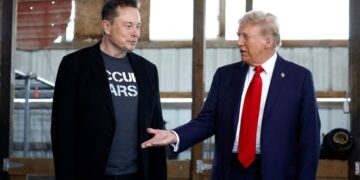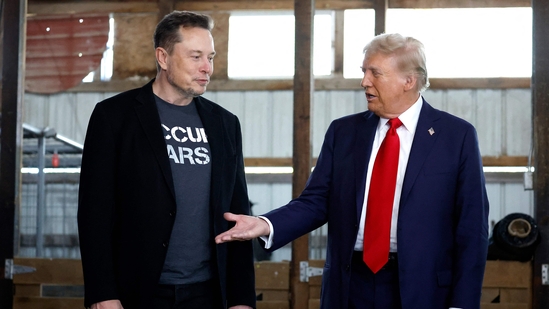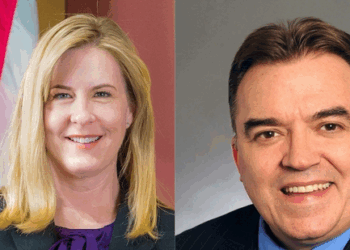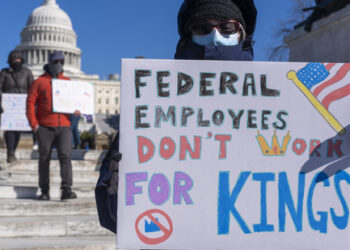Amid a storm of speculation and media reports alleging drug abuse, Tesla and SpaceX CEO Elon Musk has tested negative for a broad range of controlled substances, including fentanyl, ketamine, and other stimulants. The results follow weeks of controversy fueled by a damning New York Times exposé accusing the billionaire of substance misuse, including psychedelics and prescription ketamine.
On June 11, Musk took to his social media platform X, formerly Twitter, to share a photo of his urine drug test report from Fastest Labs in South Austin, Texas. Accompanied by a simple caption—“lol”—the post revealed a clean slate: no detectable levels of 22 different substances. These included opioids, amphetamines, benzodiazepines, ecstasy (MDMA), cocaine, ketamine, cannabis, and fentanyl.
The timing of the test is notable. It came just days after a fiery public exchange between Musk and former U.S. President Donald Trump, during which Musk was called a “big-time drug addict.” The clean test results appear to be Musk’s response to both Trump and the New York Times, which had recently published alarming claims about his alleged drug consumption.
According to the report, Musk had been using such high doses of ketamine that it may have started to affect his bladder function. The article also alleged that he frequently traveled with a pill organizer containing roughly 20 different medications, including Adderall, and sometimes consumed psychedelic mushrooms and ecstasy.
Musk has previously acknowledged that he was prescribed ketamine for depression and admitted to trying the drug years ago. “I tried prescription ketamine a few years ago and said so on X, so this is not even news. It helps for getting out of dark mental holes, but haven’t taken it since then,” he posted recently.
Despite his negative test, experts note that urine drug screenings have a limited detection window—usually between one to seven days—depending on the substance. Longer-term use or historical substance abuse can only be confirmed through more extensive methods such as hair follicle testing, which can detect drug residues up to six months prior.
This nuance has led critics to question the conclusiveness of Musk’s results. “A negative urine test doesn’t rule out prior drug use,” one toxicology expert noted. “It only means the substances tested for weren’t present in the body at the time of the test.”
Still, Musk’s supporters were quick to praise the tech mogul for addressing the rumors head-on. Many users on X applauded him for his transparency, even quoting an earlier post that read, “If Elon is on any drugs, I want what he’s having.”
In response to the New York Times piece, Musk accused the publication of fabricating its report, calling it yet another example of biased media targeting him unfairly.
Despite the clean test, the controversy has reignited concerns about the scrutiny of public figures’ personal lives and the role of prescription drugs in high-stress environments like tech entrepreneurship. As one commentator wrote, “Even if Musk is sober now, the bigger question is why these accusations keep surfacing—and what that says about the pressures at the top.”
With the drug rumors temporarily quelled, Musk appears eager to move on, but the debate surrounding his alleged drug use—and the ethics of media coverage—may linger far longer than the contents of a urine test.








 India
India












